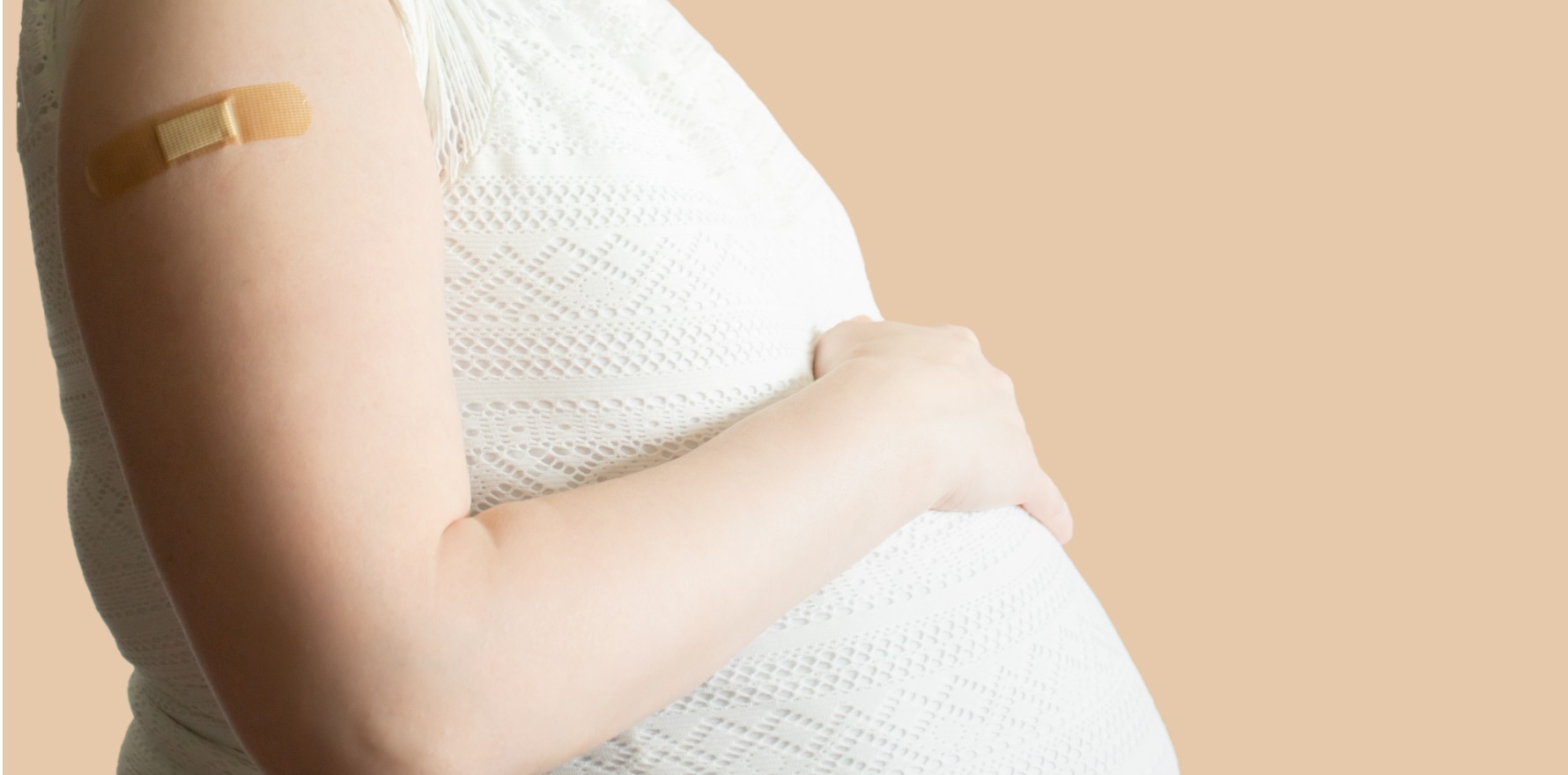The TGA expands its approval of Arexvy for those aged 50 and above who have chronic health conditions.
Patients with chronic medical conditions aged 50-59 can now be vaccinated against RSV, thanks to an expanded indication from the TGA.
Arexvy is now available to those in this age bracket with asthma, diabetes, congestive heart failure or COPD, as this group faces a significantly increased risk of RSV hospitalisation. It was the first RSV vaccine approved in Australia for adults aged 60 and above and is now the first approved for those aged 50-59 at increased risk for RSV disease.
It can be co-administered with inactivated seasonal influenza vaccines (standard dose unadjuvanted, high dose unadjuvanted or standard dose adjuvanted); however, there is no data available on its concomitant administration with other vaccines.
Victorian GP Clinical Professor Gerard Gill told Allergy & Respiratory Republic that this vaccine may help patients avoid significant infections, hospital admissions and may delay death for some, but GPs would face problems rolling this out.
“Thanks to the decisions of a number of state premiers on covid immunisation, there is now considerable community resistance to immunisation,” said the clinical professor at Deakin University, Victoria.
“We are now entering the winter immunisation rush period and GPs have little time to discuss this vaccine with patients who may benefit,” he said.
“Then there is the problem of getting the vaccine. At $300 per dose, few GPs and I suspect community pharmacies, will stock it. Many patients cannot afford to buy it.”
Arexvy is still not funded by the National Immunisation Program (NIP) for any age bracket. Abrysvo during pregnancy remains the only adult RSV vaccine that is covered by the NIP.
According to the National Notifiable Diseases Surveillance System, there was a record 176,000 cases of RSV nationwide in 2024. More than 41,000 were in adults over the age of 50.
For the best uptake, Professor Gill said the vaccine needed to be available and offered in practices when patients presented for routine winter immunisations.
“Its introduction demonstrates the current deficiencies of the Commonwealth Government’s and its bureaucracy’s inadequate approach to immunisation in this country,” he said.
Professor Charlotte Hespe, Sydney GP and head of general practice and primary care research at the University of Notre Dame, told ARR that due to the lack of NIP funding, community numbers this RSV season would not be affected by the new indication for Arexvy.
“At this point, it’s offering individual protection for those who we know are at higher risk of hospitalisation as a result of RSV,” she said.
She explained that RSV was on par with influenza in terms of hospitalisations and deaths, but the influenza vaccine required broad uptake for community protection while the RSV vaccine was more targeted to at-risk individuals, at this stage.
“It’s a much better vaccine than the influenza vaccine, so in that respect you are giving each individual a better opportunity to be protected.”
Related
The vaccine won TGA approval in 2024 for adults 60 years of age and older based on the results of GSK’s phase III clinical trial of 25,000 people, which found that Arexvy reduced severe RSV-related disease by more than 94%.
The new indication was based on the results from GSK’s clinical trial development program, according to the regulator.
Professor Hespe explained that a subgroup analysis of participants aged 50-59 in the trial showed noninferior data points for safety and efficacy, which led to the regulator widening the indication.
“There was an acceptable safety profile, and there was a persistence of the antibody in that age group, and [that age group] had an increased risk of severe RSV outcomes if they had an underlying health condition,” she told ARR.
One RSV vaccine was thought to provide protection for three years, but Professor Hespe said there would be ongoing reports looking at whether boosters were needed.
Arexvy is a protein-based vaccine that helps protect against lower respiratory tract disease caused by RSV. It is a combination antigen (RSV PreF3) and adjuvant (AS01E) which induces an antigen-specific cellular response.
Side effects such as headache, myalgia, arthralgia, injection site pain and fatigue are very common. Injection site erythema, injection site swelling, fever, chills and rhinorrhoea are less common.
Professor Hespe said the vaccine hesitancy she had seen in her patients had mostly centred around covid boosters, adding that so many patients had agreed to the RSV vaccine that they had run out of stock at her practice.





